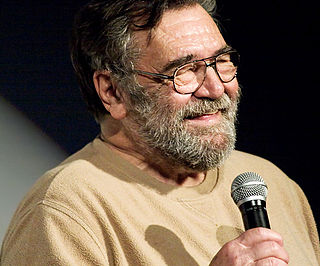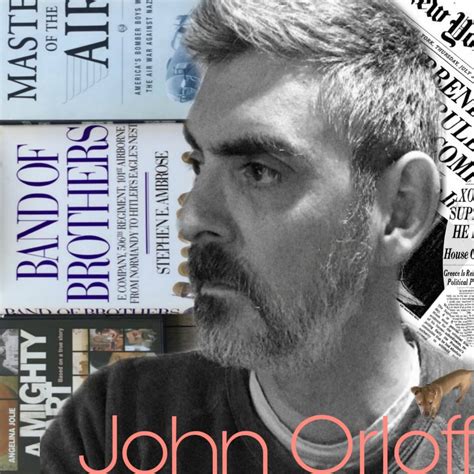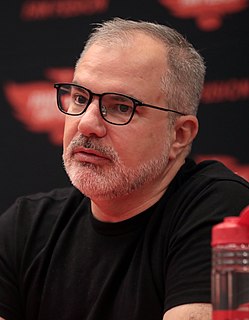A Quote by George R. R. Martin
The success that the Tolkien books had redefined modern fantasy.
Related Quotes
Back in middle school, Catherine and I had gone through this stage where all we would read were fantasy books. We'd consume them like M&M's, by the fistful, J.R.R. Tolkien and Terry Brooks and Susan Cooper and Lloyd Alexander. Susan Boone looked, to me, like the queen of the elves (there's almost always an elf queen in fantasy books). I mean, she was shorter than me and had on a strange lineny outfit in pale blues and greens.
I was also a science fiction and fantasy fan, growing up, in games and books and movies. I love Tolkien and I love Dungeons & Dragons, so the opportunity to have a fantasy-based RTS, or real time strategy game, at that time, seemed cool. I started playing it, and the early games were simple, but fun and they had these great heroes.
When Peter Jackson did The Lord of the Rings trilogy with Fellowship of the Ring, not everyone had read Tolkien, and yet somehow with that scope and the spectacle of that fantasy, people were willing to give it a shot. And when they watched the first one, the characters drew them in and they started understanding the story. And then, all of a sudden, they were The Lord of the Rings fans, even if they never read Tolkien.
I think the tendency to over-explain and over describe is one of the most common failings in fantasy. It's an unfortunate piece of Tolkien's legacy. Don't get me wrong, Tolkien was a great worldbuilder, but he got a little caught up describing his world at times, at the expense of the overall story.


































